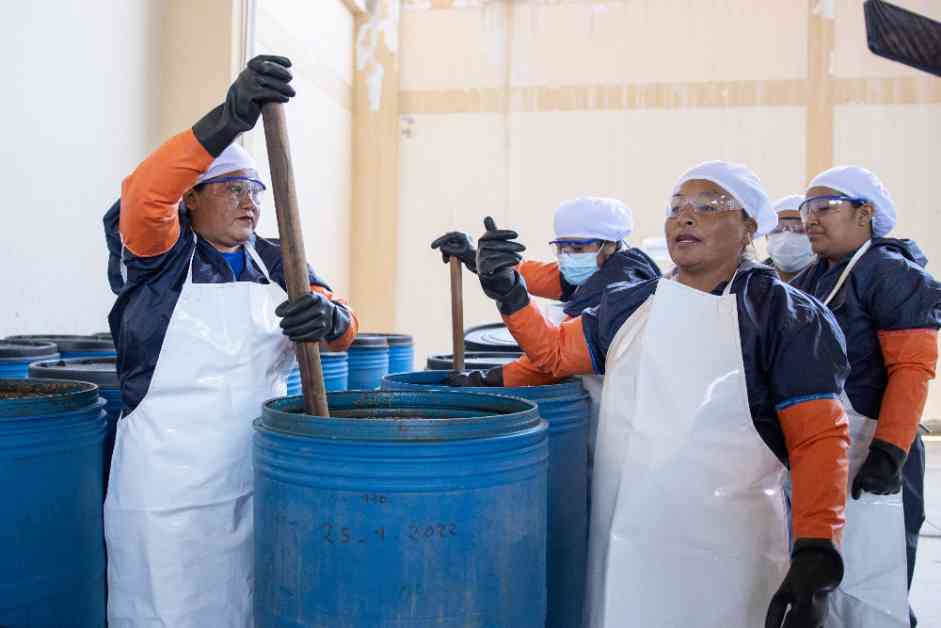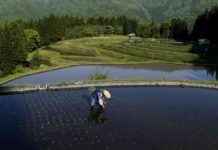Women are at the forefront of climate adaptation efforts, facing the unequal impacts of the climate crisis head-on. The United Nations reports that 80% of those displaced by climate change are women and girls, highlighting the stark reality of their vulnerability. These disparities stem from existing inequalities, with women often marginalized as the world’s poor and having limited decision-making power, exacerbating their reliance on natural resources for survival.
This year, International Women’s Day focuses on the theme “For All Women and Girls: Rights. Equality. Empowerment,” shedding light on the urgent need to address these issues. In Peru, women are experiencing firsthand the challenges of climate change and the necessity to adapt. Profonanpe, the Peruvian environmental fund established in 1992, plays a crucial role in conserving the country’s biodiversity while empowering women to take charge of their futures.
A Tale of Two Women: The Reality of Climate Vulnerability
In Peru’s Andes region, women engage in similar activities as men, yet face unique challenges. A new project funded by the Adaptation Fund aims to enhance adaptive capacity and reduce vulnerability in forests, grasslands, and wetlands, using an inclusive approach that leverages ecosystem monitoring and resilience-building. On the coast, women play essential roles in processing and marketing fish, necessitating alternative job opportunities as fish stocks decline.
Profonanpe’s initiatives empower women to form community associations, run businesses, and drive sustainable practices in fishing industries. By utilizing fish waste for biofertilizer, cultivating aquaponic plants, and promoting eco-tourism in marine protected areas, women are creating new opportunities for economic growth and environmental conservation. José Zavala, a project coordinator, emphasizes the importance of recognizing and including women in traditionally male-dominated sectors, leading to positive transformations within communities.
Gloria Tarazona, president of the Women’s Association of Aquaponics in Huacho, highlights the impact of these projects on women’s lives. By providing flexible schedules that accommodate family responsibilities, women are empowered to contribute meaningfully to their communities while generating food and jobs for others. Tarazona stresses the significance of sustainable practices in the face of climate change and pollution, urging women to continue their invaluable work for future generations.
Inspiring Change: Empowering Women in Climate Adaptation
Claudia Godfrey, Profonanpe’s director of innovation and strategic management, underscores the transformative effect these projects have on women and their communities. Witnessing daughters inspired by their mothers’ leadership and entrepreneurship showcases the ripple effect of empowering women in climate adaptation. Strong gender policies and inclusive decision-making processes are essential in embedding women’s rights across organizations, ensuring equitable access to resources and leadership opportunities.
The Adaptation Fund’s commitment to empowering women and marginalized groups through social and gender policies reflects a broader effort to address gender disparities in climate adaptation. By prioritizing women’s voices and recognizing their contributions, the fund aims to create more resilient and inclusive communities. Mikko Ollikainen, head of the Adaptation Fund, underscores the importance of considering women’s specific needs in adaptation projects to ensure that no one is left behind.
As awareness of women’s roles in environmental management grows, so does the need for continued progress in recognizing and supporting their contributions. While strides have been made in Peru, there remains much work to be done to fully integrate women into climate adaptation efforts. Adam Wentworth, a freelance writer, captures the ongoing journey of empowering women in climate adaptation, highlighting the importance of gender equality and women’s empowerment in building a sustainable future.














